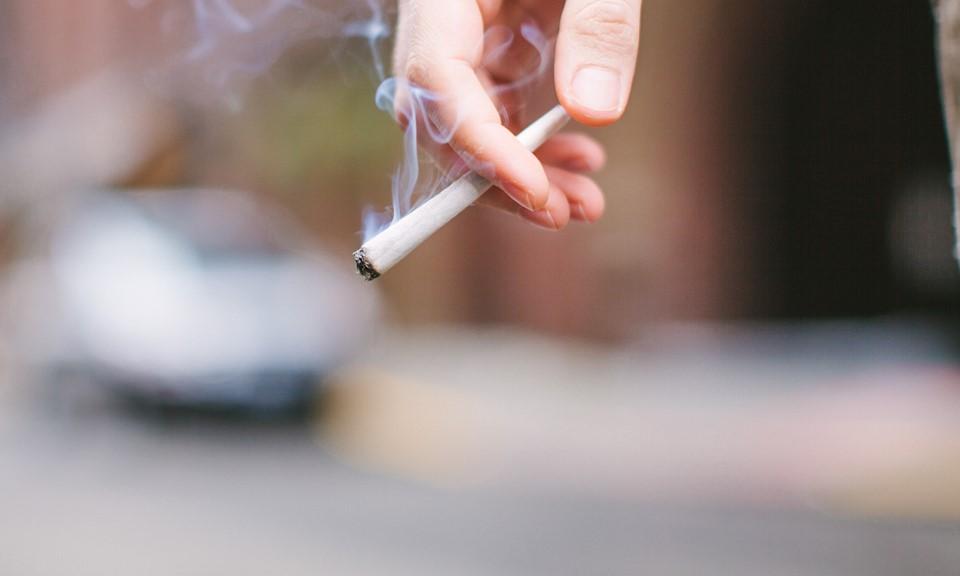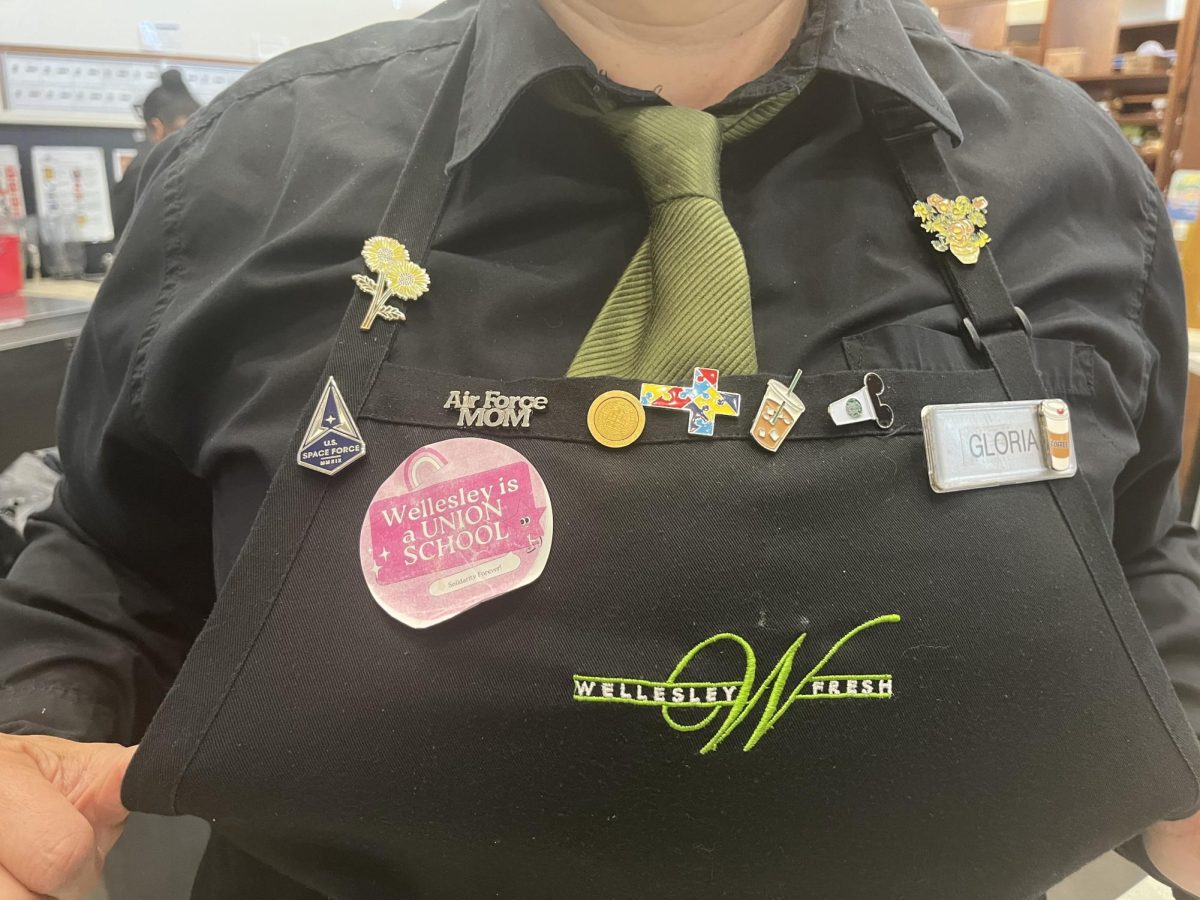At the beginning of this semester, new messages from Health Services were broadcasted on TV screens in dining halls and taped up as posters in dorms. Throughout campus, a series of puns such as, “LET’S BE BLUNT”, “EDIBLES ARE NO SNACK” or “MARIJUANA DOESN’T HELP YOU SLEEP” were prominently displayed for all to see. Each PSA cited statistics, whether about “marijuana overdose” or about the drug’s ability to make students less focused in class.
Claudia Trevor-Wright, who serves as the assistant director of health and education at Wellesley’s Health Services, says that the campaign was in part a reaction to an observed increase in student marijuana use after the drug was legalized in Massachusetts. “One of several factors that compelled us to focus on marijuana in our outreach this year was the increase in last 30 day use since the last survey in Spring 2016 (prior to retail availability in MA), which was 13.2% for Wellesley College students,” Trevor-Wright explained in an email to the News. “For many cycles prior to 2016, our last 30 day use was around 11% consistently.”
In spite of Health Services’ efforts to educate students on marijuana use, the campaign has received pushback from several members of the Wellesley community. Chanel Silva ’20 is one of the students who has publically spoken out against the “Let’s Be Blunt” campaign. She said in a written statement to The Wellesley News that the campaign “came off as strangely conservative to me considering it is 2019 and we are in a state where recreational marijuana has been legalized.” While Silva does not doubt the good intentions of those who organized the “Let’s Be Blunt” campaign, she feels its message was conveyed in a “sensationalized and belittling manner.”
Silva wrote an open letter to Trevor-Wright to express her many concerns with the “Let’s Be Blunt” campaign. The letter states that the college’s campaign unfairly characterizes students who use marijuana as “slackers or unruly delinquents.” Silva fears that this rhetoric could lead to feelings of guilt and shame amongst those who use marijuana for recreational or medical purposes, which contradicts the campaign’s intended purpose of improving health on campus.
Silva’s letter also expresses that the college should emphasize teaching students about the “safe and informed use of marijuana” rather than urging students to avoid the substance altogether. Silva likens the rhetoric of the “Let’s Be Blunt” campaign to abstinence only sex education in high schools. The letter reads in part, “This parallels with arguments about sex education in public high schools. Why should schools teach abstinence when students are inevitably going to have sex, anyway? Instead, they should teach safe sex practices and give students the information they need to make responsible decisions.”
Massachusetts, which over a century ago was the first state to criminalize marijuana use, was also the first state to legalize its use –– both recreationally, for people over 21, and medicinally –– in 2016. That same year, the country’s first recreational marijuana dispensary was opened in Northampton, MA. Wellesley also had to grapple with how marijuana use should be treated on campus, particularly given that 2016 was one of the years that, per the two-year review cycle, Health Services was required to look over the Drug and Alcohol Policy and change it if necessary.
As of the 2016 changes, smoking marijuana is still prohibited on campus, and smoking within a college building leads to ‘indefinite residential probation.” If a student who has previously been found smoking inside a dorm is found to have broken any other college policies, they may have their on-campus housing taken away. At the time of the policy change, an anonymous student who was interviewed by the Wellesley News expressed that they found it “draconian.”
One way that Student Health and Student Housing are attempting to accommodate students on both side of the argument is by creating a new Substance Free housing option for next year, in the midst of a larger redesign of the Wellesley housing selection system. In an email announcing the substance free living option, Trevor-Wright said that “the goal of this housing space is to provide a supportive, fun, and engaging residential experience for students who will take an active role in building community and are committed to living a substance-free lifestyle.” In addition, she noted that “Students who identify as being in recovery from substance use will be given priority in accessing substance-free housing.”
In addition, Trevor-Wright hopes to continue getting student input on this issue ─ both through meetings and through emails ─ and that the college’s policy will evolve with student needs in the future. “I’m always open to receiving feedback and ideas for how to do this work better,” she said.






